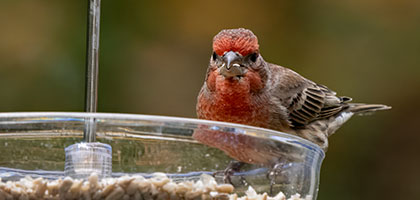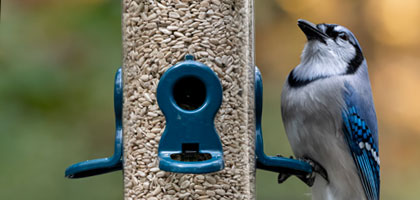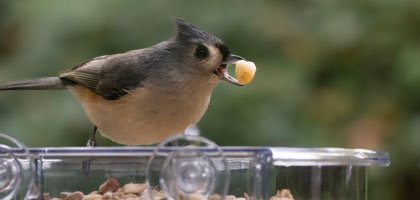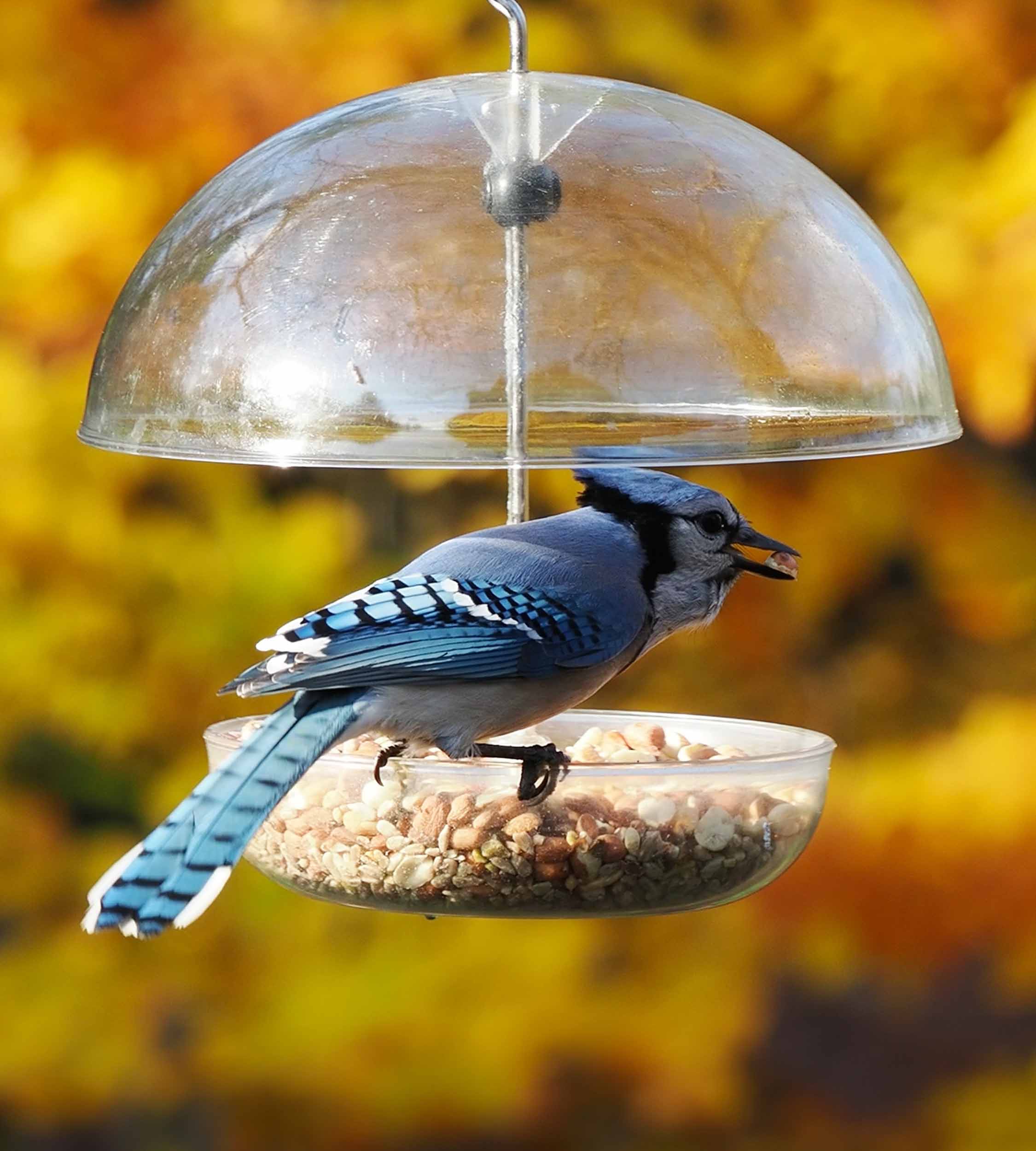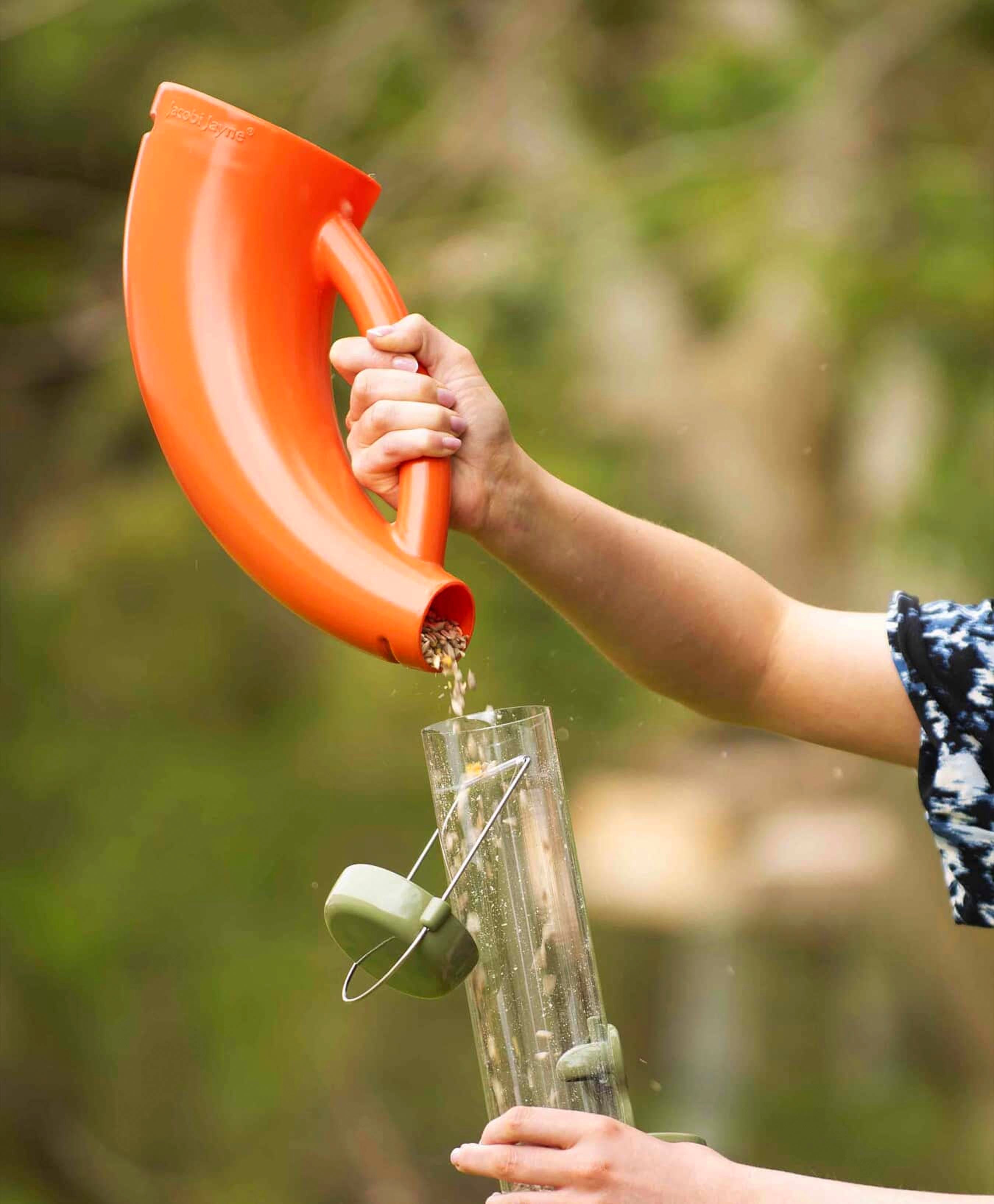Feeding a dove bird can seem like a simple task. After all, they're often seen pecking at seeds on the ground.
But there's more to a dove's diet than just seeds.
Understanding what to feed a dove bird is crucial for their health and happiness. It's not just about providing food, but the right kind of food.
In this guide, we'll explore the dietary needs of a dove bird. We'll delve into the variety of foods that can be included in their diet, from seeds and mixes to fresh fruits and suet products.
We'll also discuss the importance of bird feeders and their maintenance, as well as safe bird feeding practices.
Whether you're a dove owner, a bird watcher, or a wildlife enthusiast, this guide will equip you with the knowledge to feed a dove bird properly.
Understanding Dove Dietary Needs
Doves are granivorous birds. This means their diet primarily consists of seeds.
However, seeds alone do not provide all the nutrients a dove needs. A balanced diet for a dove includes a variety of seeds, fresh fruits, and occasional proteins.
Hydration is also crucial for doves. Fresh water should always be available for them.
Understanding the dietary needs of a dove bird is the first step towards ensuring their health and happiness. It's not just about feeding them, but feeding them right.
The Basics of Dove Feeding
Feeding doves is not as simple as tossing some seeds and calling it a day. It requires a thoughtful approach.
The first thing to consider is the type of food. Commercially prepared dove feed is a good option. It often contains a mix of seeds suitable for their dietary needs.
However, variety is key. Doves enjoy a mix of millet, sunflower seeds, and cracked corn. They also appreciate the occasional treat of unsalted peanuts or chopped fresh fruit.
- Millet
- Sunflower seeds
- Cracked corn
- Unsalted peanuts
- Chopped fresh fruit
Cleanliness is another important aspect of bird feeding. Feeders should be kept clean to prevent the spread of disease.
Lastly, consider the location of the feeder. It should be placed in a safe location, away from predators.
By understanding these basics, you can create a feeding routine that keeps your doves healthy and happy.
Seeds and Mixes: The Foundation of a Dove's Diet
Seeds form the foundation of a dove's diet. As granivorous birds, doves primarily feed on seeds.
A balanced diet for doves includes a variety of seeds. These can range from millet to sunflower seeds and cracked corn.
- Millet
- Sunflower seeds
- Cracked corn
However, not all seeds are created equal. It's important to ensure that the bird seed is free from pesticides and chemicals.
Seeds and mixes specifically designed for doves can ensure a well-rounded diet. These mixes often contain a variety of seeds that cater to the nutritional needs of doves.
By providing a diverse selection of seeds, you can ensure that your doves receive the nutrients they need for optimal health.
Supplementing with Proteins: Mealworms and Peanuts
While seeds form the bulk of a dove's diet, protein is also essential. Mealworms and peanuts can serve as excellent sources of protein.
Mealworms, in particular, can be a protein-rich treat for doves. They are especially beneficial during the breeding season when doves require additional nutrients.
Peanuts, on the other hand, should be offered in moderation. They should be unsalted and not form the primary food source.
By supplementing seeds with protein-rich foods, you can ensure a balanced diet for your doves.
The Role of Fresh Fruit and Vegetables
Fresh fruits and vegetables can be a healthy addition to a dove's diet. They provide essential vitamins and minerals that are not found in seeds.
Chopped apples, berries, and leafy greens are all good choices. However, they should be offered in small amounts and not replace seeds as the main food source.
Remember to wash all fruits and vegetables thoroughly before offering them to your doves. This will help to remove any pesticides or chemicals that could harm the birds.
Suet Products: Cakes, Pellets, and Balls
Suet products are a great source of energy for doves, especially during the colder months. They are made from animal fat and often contain seeds, nuts, and other ingredients that doves enjoy.
Suet cakes, pellets, and balls can all be used. However, they should be offered sparingly as they are high in fat.
Remember to place suet products in a suet feeder or a mesh bag. This will prevent the suet from becoming dirty or contaminated.
Bird Feeders: Types and Maintenance
Bird feeders play a crucial role in dove feeding. They come in various types, including small bird feeders, large bird feeders, and window feeders.
Small bird feeders can prevent larger birds from depleting the food meant for doves. Large bird feeders, on the other hand, can accommodate multiple doves but may attract other species.
Window feeders offer close-up views of feeding doves. However, they require regular cleaning to prevent the spread of disease. Here are some tips for maintaining bird feeders:
- Clean feeders regularly to prevent mold and bacteria growth.
- Place feeders in safe locations to protect doves from predators.
- Ensure that feeders allow for easy access and exit to prevent dove injuries.
- Use high-quality bird feeders that are durable and easy to maintain.
Hydration and Grit: Essential Extras for Dove Health
Hydration is crucial for doves. Always ensure fresh water is available for them. This not only quenches their thirst but also aids in digestion and nutrient absorption.
In addition to water, doves require grit in their diet. Grit helps them grind down seeds in their gizzard, aiding digestion.
Sources of calcium, such as crushed eggshells or oyster shells, are also beneficial. They provide essential minerals and help in the formation of strong eggshells during breeding season.
Safe Bird Feeding Practices to Protect Dove Health
Feeding practices can greatly impact the health of doves. It's important to keep feeding areas clean to prevent the spread of disease.
Bird feeders should be placed in safe locations. This protects doves from predators and reduces the risk of injury.
Here are some key points to remember:
- Regularly clean feeders to prevent mold and bacteria growth.
- Avoid feeding doves close to busy roads or high-traffic areas.
- Use bird feeders that allow for easy access and exit to prevent dove injuries.
- Monitor dove feeding habits to ensure they are consuming a balanced diet.
By following these practices, you can help ensure the health and safety of your local dove population.
Conclusion: Balancing the Dove Diet for Optimal Health
Feeding doves is more than just providing bird seed. It's about understanding their dietary needs and creating a balanced diet.
From seeds and mixes to fresh fruits and proteins, variety is key. Remember to supplement their diet with essential extras like grit and fresh water.
By following these guidelines, you can contribute to the health and happiness of doves. Whether you're a bird owner or a wildlife enthusiast, your efforts can make a significant difference in the lives of these beautiful birds.
